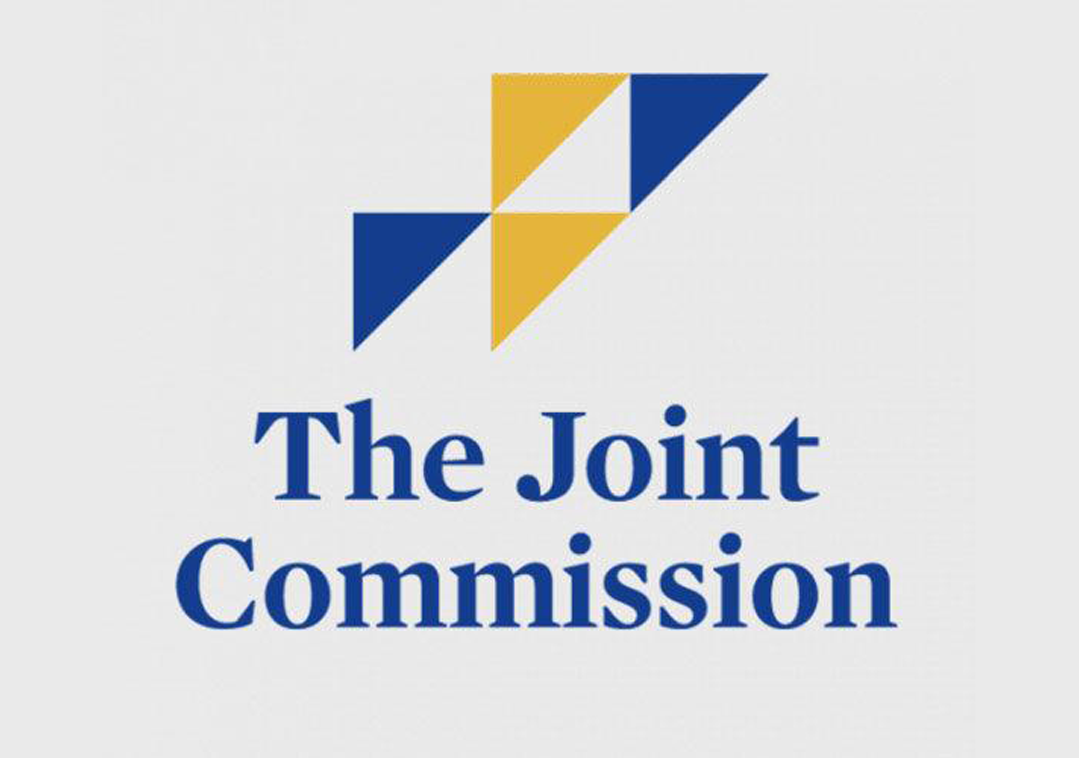Joint Commission Identifies Top Areas of Non-Compliance
The Joint Commission recently released a list of its top requirements identified most frequently as “not compliant” during surveys and reviews for various care settings from January 1 through December 31, 2020. Topping the list for skilled care providers were issues related to licensed independent practitioners permitted to provide care, treatment, and services; implementation of infection prevention and control plans; and management of risks related to hazardous materials and waste.
Rounding out the list were safe storage of medications, care plans, and performing quality control checks for waived testing on each procedure.
As this list from the Joint Commission suggests, confusion and delays surrounding implementation of new standards for handling hazardous drugs, known as the United States Pharmacopeia’s General Chapter <800>, have led many in healthcare to believe its current “informational” status eliminates the need for action.
The webinar hosted by Forum on “Safe Handling of Hazardous Drugs: OSHA Requirements and How They Affect Long-Term & Residential Care” is available on demand. The program provided an overview of the requirements for USP <800>, what qualifies as a Hazardous Drug (HD), and what is needed to create a plan to manage HDs in facilities. To view the webinar recording, click here.
The Joint Commission notes that fewer surveys were conducted in 2020 because of the COVID-19 pandemic. However, the organization’s surveyors were able to identify Requirements for Improvement (RFIs) in key areas for improvement. The Commission’s standards form the basis for their evaluations to help providers measure, assess, and improve their performance.
For more information about the requirements, click here to download a free tip sheet: The Joint Commission’s Most Commonly Identified “Not Compliant” Issues.
